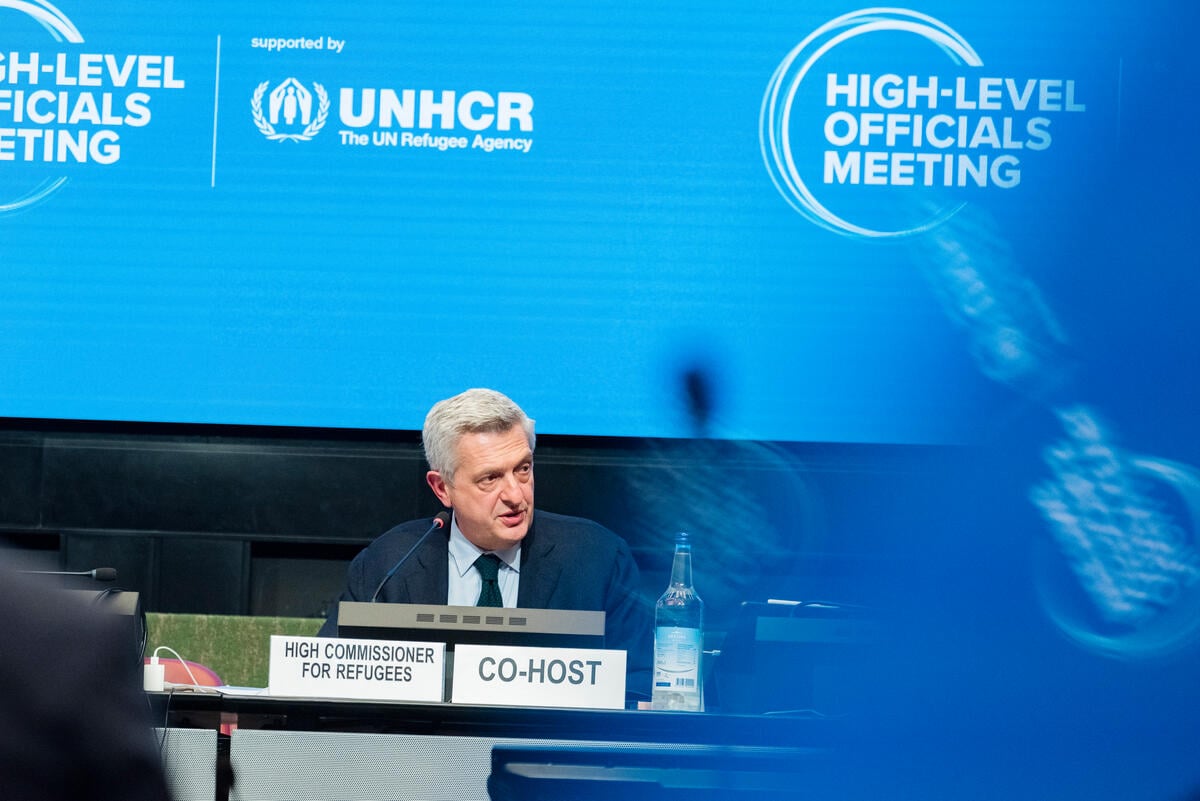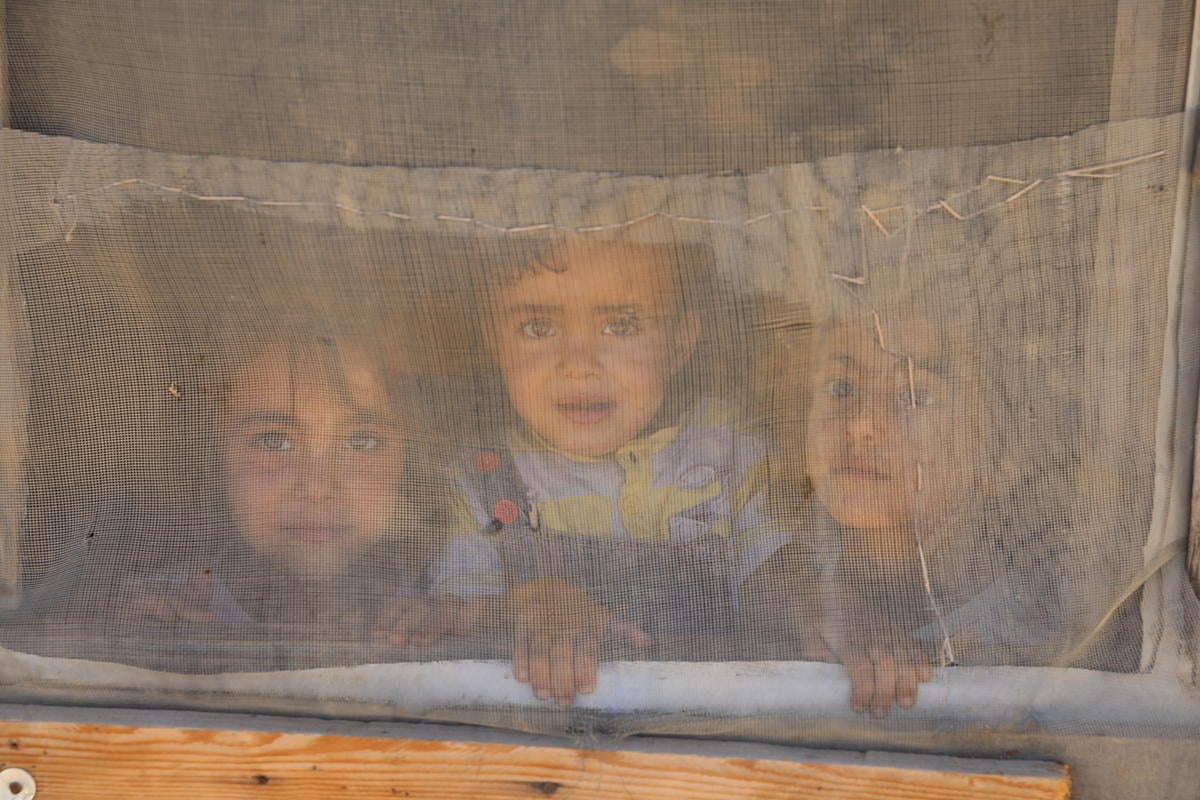Afghan refugee family halted by 9/11 finally heads to new life in USA
Afghan refugee family halted by 9/11 finally heads to new life in USA

ISLAMABAD, Feb. 11 (UNHCR) - The flight that refugee Sadiq Mir and his family were scheduled to take on Sept. 11, 2001 has finally taken off, carrying them to a new life in the United States.
The Afghan couple and their six children, originally from Kabul but thought by the UN refugee agency (UNHCR) to face possible religious persecution at home, had been awaiting their departure exactly 29 months ago when the devastating attacks hit the United States.
Their trip, less than six hours away, was abruptly cancelled as U.S. airports closed. When they reopened, U.S. authorities froze all cases like that of Mir - refugees who were being resettled in the United States after the UN refugee agency had concluded that they would face persecution or danger if they returned to their home countries.
Under the stringent new U.S. rules, some cases were re-approved in a few months, but Mir's dragged on for nearly two and a half years. There are about 50 persons who had been scheduled for resettlement in the weeks after 9/11 and who are still awaiting approval.
It took until Wednesday for Mir and his family to finally board the flight from Islamabad. Their journey, arranged by the International Organization for Migration, ends with a midday Thursday arrival in their new home of Chicago. Mir learned of the U.S. approval only last Friday and tried to buy some warm clothes after finding out on Sunday their precise destination.
"I have been waiting since the 22nd of June 2001," an elated Mir said minutes after learning of his acceptance. His family had been packed and waiting to go to the airport when the hijacked aircraft were crashed into buildings in New York and Washington. "I thought the departure would be delayed for four or five days."
Mir had moved from Afghanistan to Pakistan in the 1980s after converting to Christianity, and aside from a brief return in 1992 when he said he was beaten, has never been back. But he faced threats also in the border city of Peshawar, and UNHCR moved the family to Islamabad in 2001 for their protection. The fear has never entirely disappeared.
"When the attacks happened, 11 September, and I watched it on TV and my flight was cancelled, I thought all my children would be killed," Mir said. "At that time we were being followed by some people. Even now when I go to a market I have fear of those people."
UNHCR's preferred solution for refugees is return to their homelands. But when that, or integration in the country where they have fled, is not possible, UNHCR refers cases to some third countries that are willing to take people who will face persecution or danger back in their original countries. The reason can be persecution over rights like political or religious beliefs, or the vulnerability faced by individuals like widows.
"If I knew I could live in Afghanistan, I would not prefer anywhere else," said Mir, who is 47 years old. "But since one of my friends was killed by these people and others have been attacked I know I cannot have a proper life there. "
Mir, his wife Najia and his six children - three daughters and three sons aged from eight to 16 years - had tried as much as possible to prepare for their new life. They bought a whiteboard to hang on the wall of their four-room apartment on the edge of Islamabad, with the children who know the most English teaching the others.
But by late last year he did not have enough money for all the children to attend school and in January none went. He tried to supplement a small living allowance from UNHCR with what he could earn selling jewellery - much of it strung by his wife - at a local weekend market.
"When I go to the United States I will first try to get to know the people, learn their language more," said Mir. "And I should find some work to support my family. Then, after I have a proper job, I want to also do some work with jewellery like now.
"And then I want to help orphans - Americans, Afghans, Pakistanis, Iranians. For me there is no difference between them, they are all human beings," he said.
As the final hours ticked away before departure, the family sat by their suitcases, clearly nervous that something again would block them. Only when they were seated on the bus to the airport and it pulled out did the eldest son, 14-year-old Qadir, burst into a smile and start waving wildly out the window.








